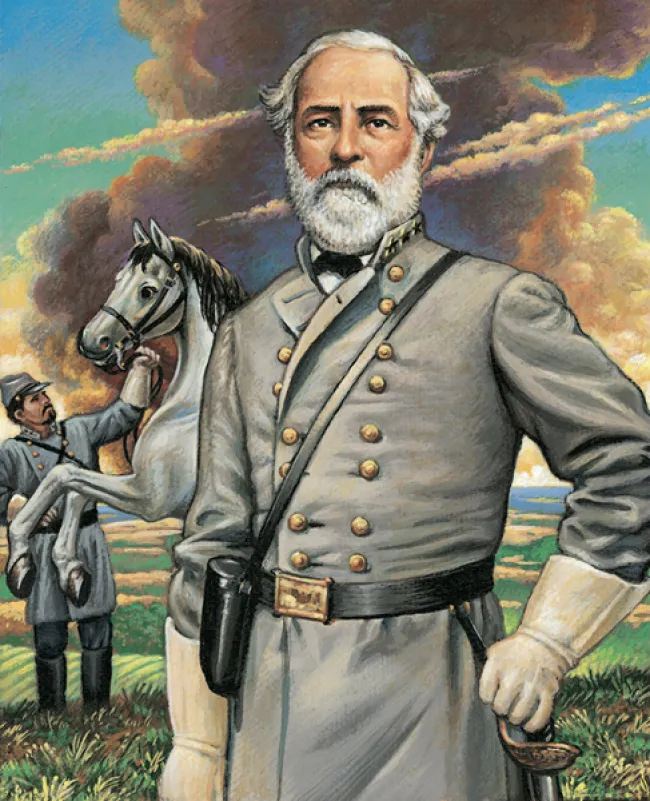Robert E. Lee's Views on Slavery and Race: A Comprehensive Examination of His Legacy
Robert E. Lee, the Confederate general, is often portrayed as a conflicted figure regarding slavery. However, a deeper examination of his actions and beliefs reveals a clear pattern of defending and upholding the institution of slavery, along with deeply ingrained racist attitudes.
Early Life and Involvement with Slavery
Born into Virginia’s aristocracy in 1807, Lee grew up in a society where slavery was an integral part of the economy and culture. His father was a prominent figure, and his family was deeply involved in slaveholding. From a young age, Lee interacted with enslaved individuals who helped maintain the family estates.
In 1829, after his mother’s death, Lee inherited several enslaved families. His son later confirmed that this inheritance involved multiple families, which tied Lee directly to the institution of slavery. This was not merely an abstract association but a personal involvement in the practice of slavery.
Managing the Custis Estate
After the death of his father-in-law in 1857, Lee became responsible for managing the Custis estate, which included over 100 enslaved people. While the will specified that these individuals should be freed within five years, Lee chose to keep them in bondage longer, citing financial difficulties. His decision to retain their labor and exert stricter control over their lives led to resentment among the enslaved individuals on the estate.
Use of Punishment
Lee’s treatment of enslaved people also included the use of corporal punishment. In 1859, an enslaved man named Wesley Norris tried to escape with his family. After being captured, Norris reported that Lee personally ordered and possibly even administered severe physical punishment. This account challenges the view of Lee as a benevolent figure and instead paints a picture of someone who upheld harsh, controlling methods toward enslaved people.
Public Statements on Slavery
Lee’s personal letters further reveal his views on slavery. In one letter from 1856, he described slavery as a “moral & political evil” but defended it as necessary for the supposed welfare of Black people, whom he considered inferior. Lee argued that slavery’s “painful discipline” was ultimately beneficial for enslaved individuals, reflecting a paternalistic view rooted in racial hierarchy.
Post-War Views and Legacy
After the Civil War, Lee continued to oppose granting political rights to Black Americans. He believed that Black people lacked the intellectual capacity to participate in government and reaffirmed his belief in white superiority. In his testimony before Congress, he expressed the conviction that Black people were unfit for citizenship, further entrenching his racist views.
Conclusion
Robert E. Lee’s actions, writings, and statements clearly reveal his commitment to preserving slavery and supporting racial inequality. Despite occasionally expressing doubt about the morality of slavery, his decisions and public comments consistently reinforced the system of oppression. His legacy, tied to the "Lost Cause" ideology, has been used to justify racial inequality long after his death, making his views on race a crucial part of understanding his legacy.
